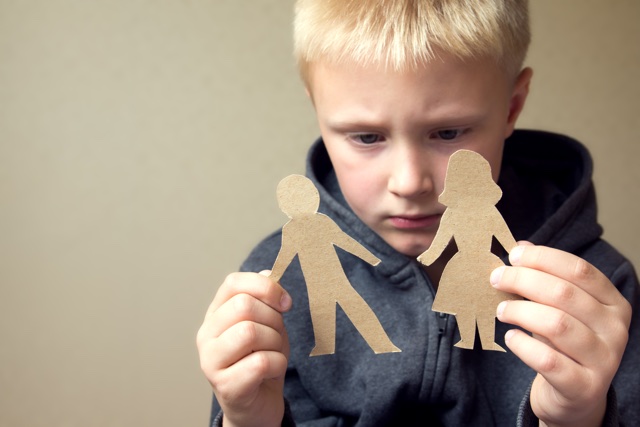
How Will California Child Custody Law Affect Me and My Children?
In California, the state attempts to resolve custody disputes by instituting a plan that serves the best interests of the child, first and foremost. This written agreement is called a parenting plan. A parenting plan is a detailed document that describes when children will see each parent, and how parents will share decision-making power regarding childcare. It will address such concerns as visitation schedules, how holidays will be handled, and how the child’s medical care will be addressed.
The system isn’t perfect by any means, and there are many potential loopholes and obstacles. Where possible, parents can simply draft a parenting plan together. Sometimes, the parenting plan cannot be resolved without help. If you are in conflict with the other parent about the custody of your children, it can be helpful to become informed on what the law says about child custody.
An experienced Pasadena family law attorney can help you understand how state law will impact the court’s decision, and the methods by which you could reach an acceptable parenting plan arrangement with the other parent.
How California Courts Approach Custody Cases
Every child custody case is different, and judges weigh each case on its own merits. In determining a parenting plan, a California judge will consider the following:
- Any history of substance abuse. A home where drug or alcohol abuse is present will likely be considered unsafe for children.
- A history of domestic abuse. Clearly, no children should have to grow up in a household in which they or other family members are victims of physical or emotional abuse.
- The health of the children and parents. Even the most loving parents may be unable to provide a good environment for children due to a health condition, whether mental or physical.
- The level of attachment a child has to his or her neighborhood, friends, close family in the area, and school. It may be wrong to uproot a child, particularly in certain stages of development.
- The child’s preference. A judge will usually only give this weight when children have reached about 12 years of age. When they are mature enough, children are very capable of expressing where they would rather live.
- Which parent is more likely to encourage visits with the other parent. California courts want both parents to be able to interact with the children, so in some cases they grant custody to the parent who has proven to be willing to pick up and deliver the children as agreed, and does not have a history of failing to do so.
In some rare cases, the judge might grant custody to a third party.
How a Pasadena Child Custody Law Attorney Can Help
If you are facing separation or divorce, you need access to as much information and support as possible. Divorce proceedings can be contentious and difficult, both for you and your children. Protecting your parental rights is a critical issue in divorce, and the experience of your attorney is one of the most critical factors in a final court decision.
At the Law Office of Richard S. Jacinto, we can help. Attorney Richard Jacinto has over 30 years of legal experience in a wide range of family law issues. He can help you understand California custody law, and help you seek to come to a parenting plan without the need for court intervention. When the other parent will not compromise or is making unreasonable demands, it may be necessary to go to trial, and in either case, our Pasadena child custody lawyer has the knowledge and insight to protect your parental rights. Contact our firm at once if you have concerns about child custody.



